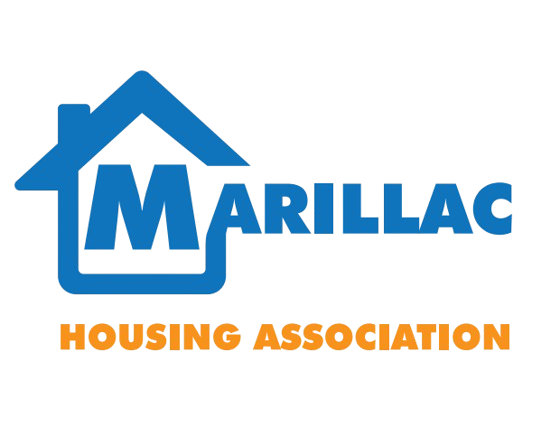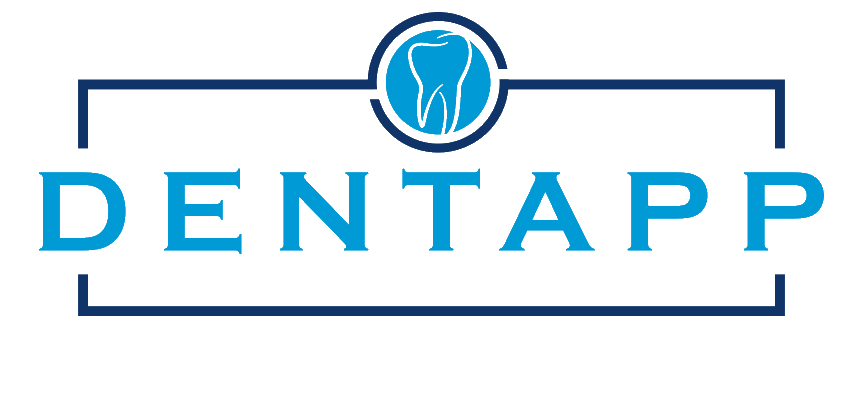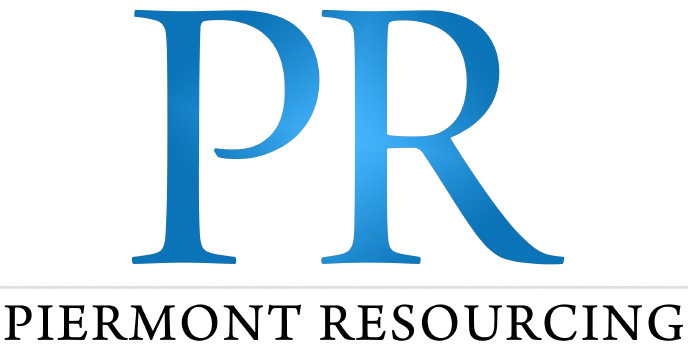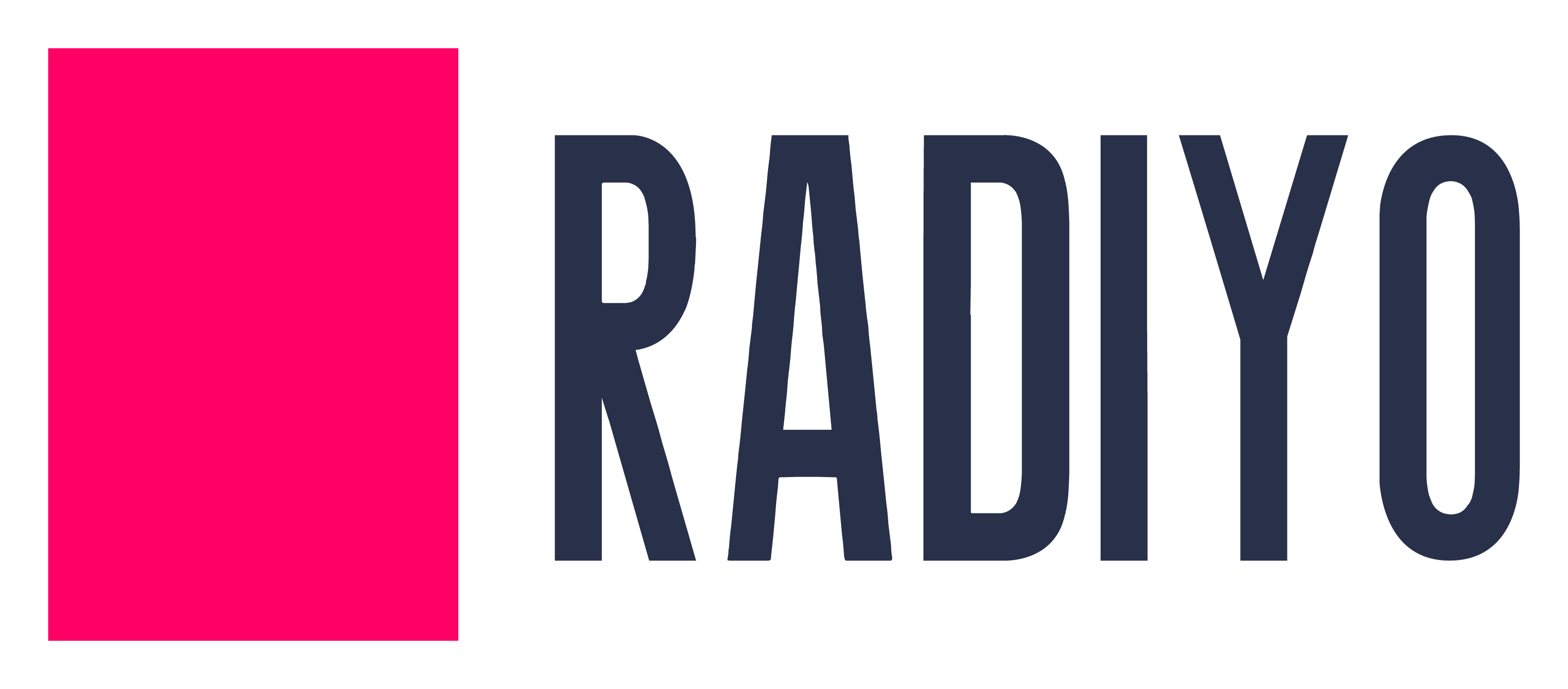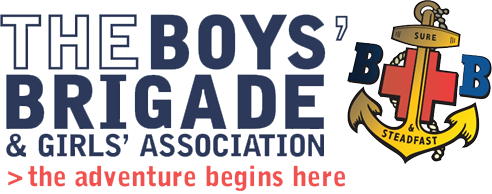Understanding and unlocking the true potential of the Director in an Irish Limited Company: Responsibilities, Requirements and Essentials
Responsibilities
As fiduciaries, Irish company directors must act in good faith for the benefit of the company and avoid conflicts of interest. Key statutory duties require maintaining adequate records, preparing financial statements, filing documents, convening shareholder meetings, and other compliance. Directors oversee operations, strategy, legal compliance, performance, and personnel. They analyse accounts, present financials at the AGM, and report to shareholders.
Qualifications
To become a director in Ireland, individuals must be over 18 years old, solvent, have no relevant convictions, and be mentally capable. At least one director should be EEA resident. Those with over 25 directorships require exemption. Disqualified persons include undischarged bankrupts and those imprisoned for indictable offenses. Companies may reject candidates lacking skills or capacity.
Essential Duties
Directors have extensive fiduciary duties under the Companies Act, including acting in the company’s best interests, avoiding conflicts, and maintaining confidentiality. Statutory duties cover compliance, record-keeping, reporting, and other requirements. Core tasks include overseeing operations, monitoring finances, managing risks and compliance, and reporting to shareholders. Directors analyse accounts, present financials, and steer strategy.
Liabilities
Directors face personal liability for company debts if negligent or fraudulent. They can be fined or jailed for false statements, late filings, and other offenses. Breaching duties may lead to disqualification and legal action. Key risks include personal liability, disqualification, shareholder/creditor lawsuits, and criminal charges. Maintaining insurance, getting advice, and following best practices helps mitigate risks.
Quick Information
Ready to optimise your financial strategies?

Best Practices for Directors in Irish Limited Companies
Best practices for Irish company directors include:
- fully understanding duties and liabilities;
- devoting sufficient time;
- critically analysing finances;
- overseeing operations, compliance and risk management;
- avoiding conflicts of interest;
- maintaining insurance;
- seeking professional advice;
- fostering good corporate governance;
- acting responsibly, transparently and ethically.
Adhering to requirements and duties while adopting prudent practices helps directors effectively meet obligations to shareholders and stakeholders.
We are here to help
Need more info or help with your business accounts?
Our team are here to help. If you’re working on something and aren’t sure where to go next, our excellent customer service team are there to help.
Key Takeaways
- Directors have extensive statutory and fiduciary duties under Irish company law, including acting honestly and responsibly, avoiding conflicts of interest, and exercising care and skill. Breaching duties can lead to liability.
- To become a director in Ireland, individuals must be over 18, solvent, and have no relevant convictions. At least one director should be EEA resident.
- Core director responsibilities include overseeing operations, monitoring finances, ensuring legal compliance, managing risks, and reporting to shareholders.
- Directors must adhere to requirements around registers, disclosures, transactions with the company, and other regulations.
- Directors face personal liability risks for company debts, false statements, disqualification, and legal action. Following best practices around governance helps mitigate risks.
Conclusion
Irish limited company directors have extensive legal duties and face liability risks for negligence or misconduct. Thoroughly comprehending responsibilities, following regulations, getting advice, and adopting sound governance practices helps directors avoid penalties and effectively execute their multifaceted role.














































